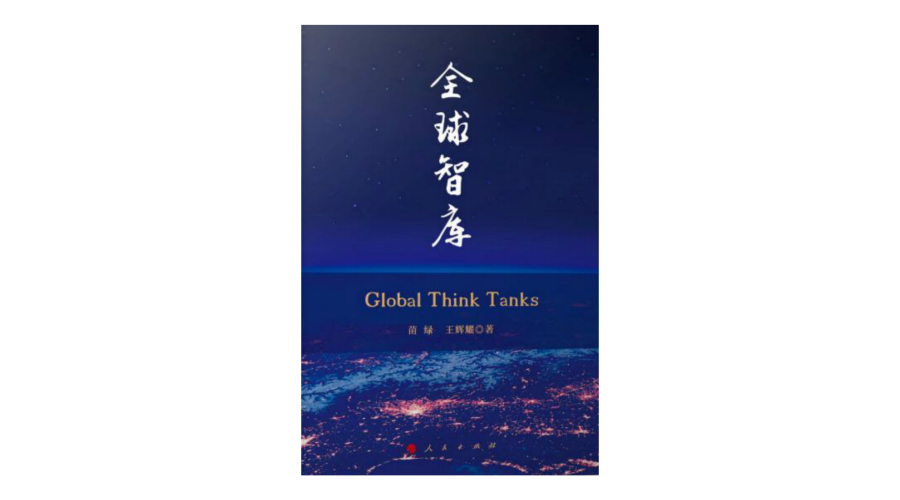Global Think Tanks (2018)
Global Think Tanks finally saw its audience at the Wharton China Center here in Beijing on Jan. 30. The new book written by Dr. Wang Huiyao and Dr. Miao Lv, who are founders of the Center for China and Globalization(CCG), illustrates the efforts to seek the innovative approaches for think tanks to meet the challenges and better affect the policymakings in the new era.

The book is CCG’s 3rd publication about think tank study. The authors intend to find out the root cause of the decline in the number of new think tanks since the 21st century, and to identify the reasons why some long-lasting think tanks can survive over time. The book also answers the questions such as how think tanks improve their organizational structure and strategic planning to grow rapidly.
According to CCG President Wang Huiyao, the new book was based on the study of over 30 think tank innovation cases worldwide, and eventually identifies five essential elements, which were shared leadership, cultural formation, strategic planning, organizational management and knowledge management, as the key factors for the development of think tanks.
The authors also explore the systemic innovative approach from five aspects – talent recruitment, research, communication, fundraising, and cooperation, as reference for experts, scholars, and some governments to build new type of think tanks with Chinese characteristics.
The other co-author, CCG Secretary General Miao Lv pointed out that innovation was the key to think tanks’ survival and development, especially nowadays when they were facing continuing challenges in the era of Internet and big data.
The book also cites multiple case studies of global think tanks, such as, Belfer Center for Science and International Affairs at Harvard’s John F. Kennedy School of Government, Mycos Institute, and A.T.Kearny, to show how think tanks employ innovative approach to make breakthrough.





